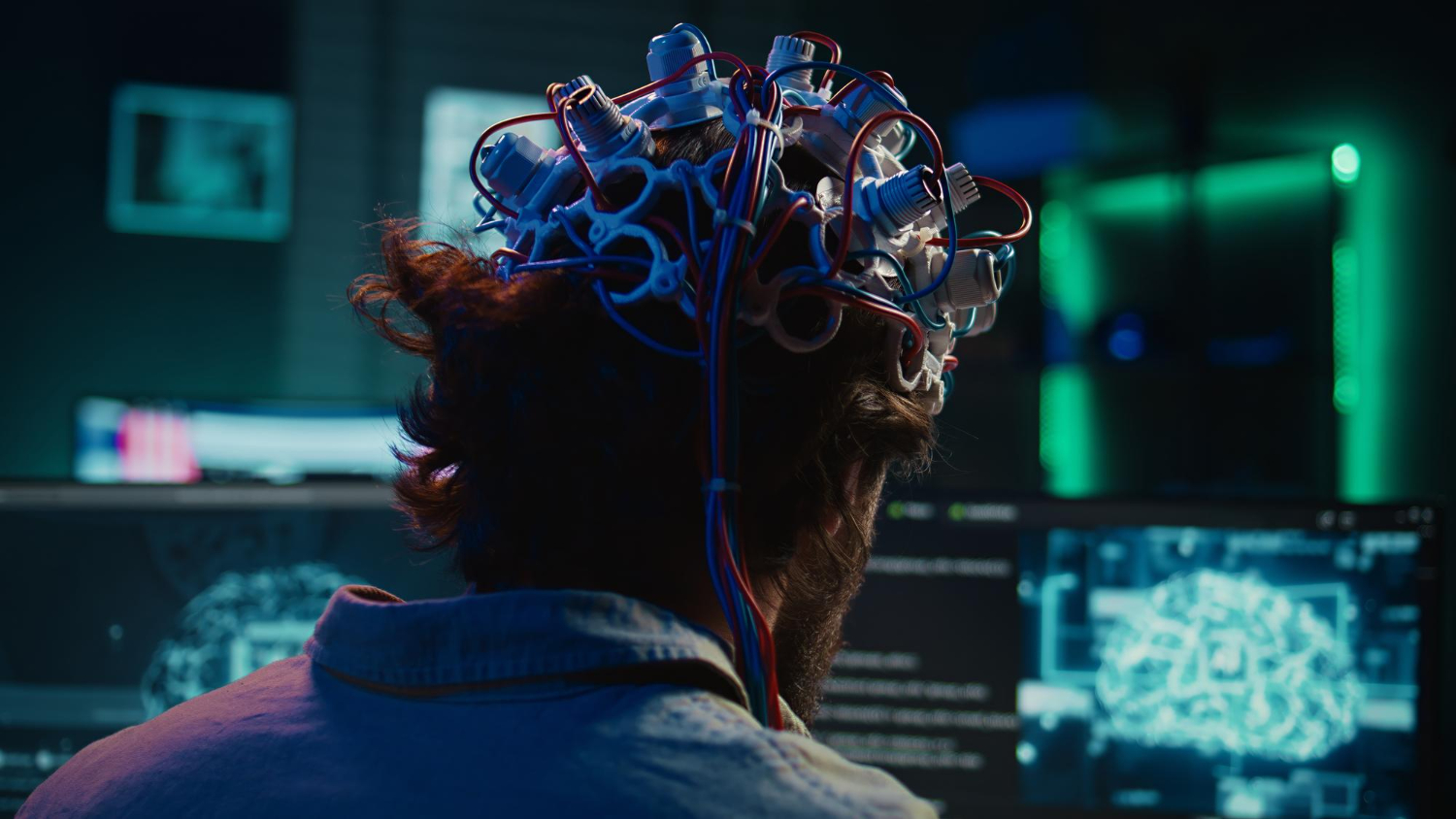Brain-computer interface (BCI) technology offers startups a range of potential applications, from healthcare to gaming. Startups can leverage BCI to create innovative products and services that address unmet needs and open new markets. This technology can enhance user experiences, improve accessibility, and provide unique solutions to complex problems.
How can BCI technology improve healthcare startups?

BCI technology can revolutionize healthcare startups by enabling direct communication between the brain and external devices. This can lead to:
- Neuroprosthetics: Startups can develop advanced prosthetic limbs controlled by brain signals, offering improved mobility and functionality for amputees.
- Rehabilitation: BCI can aid in stroke recovery by allowing patients to control rehabilitation devices with their thoughts, speeding up the recovery process.
- Mental Health: Startups can create tools for monitoring and treating mental health conditions by analyzing brain activity patterns.
- Assistive Technologies: BCI could help individuals with severe disabilities communicate and interact with their environment more effectively.
What role does Brain-computer interface technology play in the gaming industry?
BCI technology can transform the gaming industry by providing immersive and interactive experiences. Startups can explore:
- Mind-Controlled Games: Players can control game elements using their thoughts, creating a more engaging and intuitive experience.
- Enhanced VR/AR: BCI can enhance virtual and augmented reality experiences by allowing users to interact with virtual environments in new ways.
- Personalized Gaming: BCI can analyze players’ emotional states and adapt the game in real-time to match their preferences and moods.
- Accessibility: BCI can make gaming more accessible to individuals with physical disabilities by providing alternative control methods.
How can BCI technology benefit education startups?

BCI technology can offer significant advantages to education startups by enhancing learning experiences and outcomes. Potential applications include:
- Personalized Learning: BCI can monitor students’ cognitive states and adapt educational content to their individual needs and learning styles.
- Attention Monitoring: Educators can use BCI to track students’ attention levels and adjust teaching methods to maintain engagement.
- Skill Training: BCI can facilitate skill acquisition by providing real-time feedback on brain activity during training sessions.
- Special Education: BCI can support students with learning disabilities by offering tailored interventions and assistive technologies.
What are the potential applications of BCI in the workplace?
BCI technology can enhance workplace productivity and employee well-being. Startups can explore applications such as:
- Productivity Tools: BCI can help monitor and optimize employees’ cognitive states, improving focus and efficiency.
- Stress Management: BCI can provide real-time feedback on stress levels and suggest relaxation techniques to improve mental health.
- Remote Work: BCI can facilitate remote collaboration by enabling seamless communication and interaction between team members.
- Training and Development: BCI can enhance training programs by providing insights into employees’ learning processes and progress.
For more insights on the future of brain-computer interface technology, check out our pillar article: Elon Musk’s Neuralink: The Future of Brain-Computer Interface Technology.
- The Agentic Startup Manifesto - June 8, 2025
- Remote Hiring in 2025 - April 5, 2025
- Burnout in Remote Teams: How It’s Draining Your Profits - January 27, 2025
